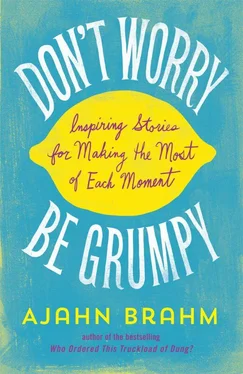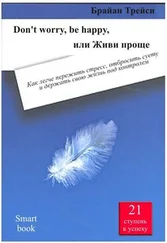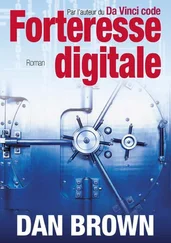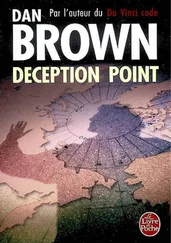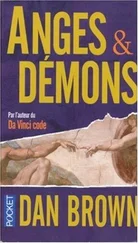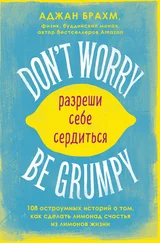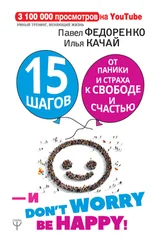“Old monk?” queried the king. “Well, old monks don’t lie. What did he say to you?”
“Stand at the threshold of your little cottage at dawn. Take up your bow and one arrow. Point the bow in the direction of the rising sun, and when the sun appears over the horizon, let the arrow fly. Where the arrow falls, there you will find the treasure.”
When the king heard the old monk’s instructions, he couldn’t figure out what had gone wrong. So he sent out his soldiers to find that old monk and bring him back to the palace to explain. The monk was soon found and brought before the king.
“Old monk,” said the king with respect. “You’ve got all these people into big trouble with your buried-treasure story. Explain yourself.”
“Your Majesty, it is not a story. Old monks don’t lie,” explained the old monk. “They didn’t find the treasure because they didn’t listen.”
“What part of the instructions didn’t they follow?” asked the king, intrigued.
“Your Highness, why don’t you come to the poor farmer’s cottage tomorrow? I will show you how they all failed to follow my instructions. I will guarantee that you’ll find the treasure, but I would ask that it be divided equally four ways between Your Majesty, the general, the rich man, and the farmer.”
The king assented.
So it was that the farmer and his family, the rich man, the general, the old monk, and the king, were at the farmer’s cottage early the next day. The old monk repeated the instructions.
“Stand at the threshold of your little cottage at dawn. Take up your bow and one arrow. Point the bow in the direction of the rising sun and, when the sun appears over the horizon, let the arrow fly. Where the arrow falls, there you will find the treasure.”
As the king was standing at the threshold of the little cottage at dawn, he turned to the old monk for confirmation.
“Correct, Your Majesty,” said the old monk.
The king took up the bow and one arrow.
“Correct, Your Majesty.”
The king pointed the bow in the direction of the rising sun.
“Correct again, Your Majesty.”
When the sun appeared over the horizon, the king was about to shoot the arrow when the old monk shouted, “Stop! Incorrect, Your Majesty.”
The king stopped and stared at the old monk in confusion.
“ Listen , Your Majesty. ‘Let the arrow fly.’”
The king paused, repeating the words in his mind. Then, he began to smile. He had understood.
The king let go of the arrow and it flew straight down, landing right between his two feet, right where he was standing.
A shallow hole was dug, and they found such a large treasure that one quarter of it was enough to satisfy a king, not to mention the general and the rich man. How much more did it satisfy the poor farmer and his family!
The old monk further explained that when you shoot the “arrow of craving,” aiming to find happiness, you usually find nothing, only more trouble. But if you let go of the arrow of wanting, it falls right where you are standing, in the here and now. There you will find the treasure of contentment, more than enough to satisfy even a king.
I can confirm this, because I’m an old monk, and old monks don’t lie!
The Most Important Finger
The five fingers were arguing over who was the most important.
“I am the most important,” said the thumb, “because I am the strongest. Also, when people approve of something they use me. I am the ‘OK’ finger!”
“No way!” said the index finger. “I am the most important. I am the finger of wisdom because I am used to point out things. Moreover, when people want to say ‘number 1,’ they use me.”
“Ridiculous!” sneered the middle finger. “I am the biggest finger and can therefore see farther. I am so powerful that when people lift me up, others get very upset. Moreover, the Buddha taught that the way to enlightenment is the middle way, and I am the middle finger.”
“I’m sorry but you are wrong,” said the fourth finger kindly. “I am the most important because I am the finger of love. When people fall in love and get engaged, they put the ring on me. When they commit to care for each other in marriage, again they place the ring on me. I am the finger of love, love is the most powerful force in the world, and therefore I am the most important finger.”
“Excuse me,” interrupted the small finger. “I know that I am not tall or strong and am often ignored, but I believe that I am the most important finger. Although people use me to do dirty jobs, like removing wax from their ears, when they pray to the Buddha, I am always closest to the Buddha! Raise your hands, pray, and you will see.”
In any community, family, or temple, the humble members who do the cleaning are the most important because, like the little finger, they are closest to the Buddha.
I received a phone call from a student at Adelaide University. She had an acute case of anxiety. It was so bad that she was bedridden and terrified to go outside. The university doctors and psychologists had been unable to help her. So her uncle, a regular supporter of my monastery, told her to give me a call.
She told me over the phone that she had been bedridden for many weeks. She was managing thanks to her boyfriend, who cooked, cleaned, and did all other errands for her. Boyfriends like that are hard to find! Then I asked her, “Where on your body do you feel the anxiety when it occurs?”
“What do you mean?” she answered confused.
“Every emotion,” I explained, “has a corresponding physical feeling. So where do you feel the anxiety?”
“I don’t know,” she replied.
“Well, find out and give me a call back when you can tell me.”
A few days later, she called to tell me that she noticed a feeling in her middle chest, just below her breast.
“Describe that feeling to me,” I asked.
“I can’t,” she replied.
“Well, give me a call back when you can describe it to me.”
Three or four days later, she called and gave a surprisingly detailed description of the feeling in her chest that occurred whenever she had an anxiety attack.
“Very good,” I complimented. “Now whenever you notice that physical feeling begin, put your hand on your chest and massage that area with as much kindness as you can generate for as long as you can. If you can’t manage that in your current state, then get your boyfriend to massage that area for you. That’s what boyfriends are for! And give me another call in a few days’ time.”
When she called, I asked her what happened to the physical feeling when she massaged it caringly.
“The physical feeling disappeared,” she answered.
“And what happened to the emotion of anxiety?” I continued.
There was a pause.
“That went too!”
She now had the means to transcend her anxiety attacks. Asking her to locate the physical counterpart to her anxiety and to describe it to me was just a means to get her to be mindful of that feeling. Once awareness of that feeling had been established, it was a simple matter to relieve that feeling with compassion and, with it, abate the emotion of anxiety. I had also put her in charge of this therapy, restoring her self-confidence.
Every emotion has a counterpart physical feeling, often one that we are not aware of. Dealing with an emotional problem on the mental level is just too confusing, so we deal with the physical counterpart. Once the physical part is gone, so is its emotional source.
Within a short time she was out of bed and back in school. She was clever, worked hard, and graduated with honors. She was so impressed with me that she nominated me for Australian of the Year! I didn’t win but appreciated the gesture. I appreciated even more when, in December 2009, at her insistence, I performed the marriage blessing for her and her groom, the same boyfriend who had cared for her earlier.
Читать дальше
